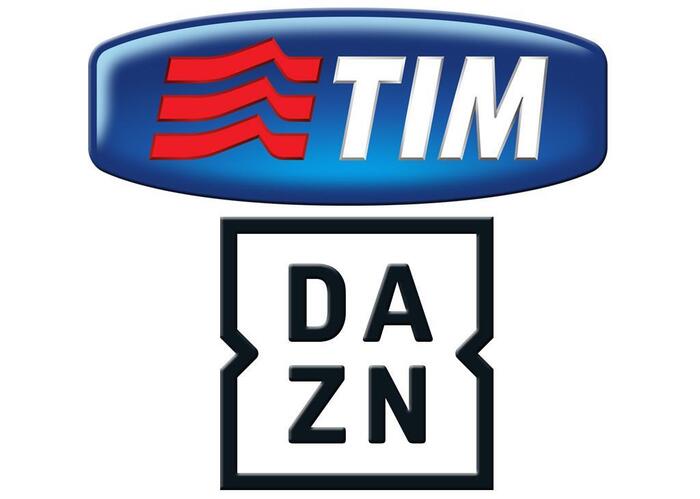Enlarge image
G7 Finance Ministers' Meeting (archive): The market tax for large global corporations would probably only affect seven German corporations
Photo: STEFAN ROUSSEAU / AFP
The global minimum tax planned by the seven leading industrialized countries (G7) is unlikely to bring much benefit to the German tax authorities.
This is the result of calculations made by the auditing and consulting company Deloitte.
Accordingly, the reforms, which should prevent tax dumping and lead to a fairer distribution of income, will flush a maximum of 700 million euros into the German treasury.
Finance Minister Olaf Scholz (SPD) had internally promised billions.
The G7 want to tax corporate profits worldwide with at least 15 percent, the states of the respective company headquarters could skim off additional taxes from profits in countries with lower tax rates.
In addition, as part of what is known as market taxation, the 100 companies with the highest turnover in the world are supposed to tax 20 percent of their profits where they make them - and not where they are based. But that should only apply to companies with particularly high profit margins, ten percent are under discussion. According to calculations by Deloitte, this market taxation could bring additional tax income of 200 to 300 million euros - especially from American and Chinese companies that generate high sales in this country, such as Google, Microsoft and Alibaba.
The global minimum tax would bring an additional 380 million euros. For comparison: the coffee tax alone brings in 1.1 billion euros a year for the tax authorities. "Measured against the compliance effort that companies have to deal with, the additional German tax revenues will be manageable," says Björn Heidecke, tax expert at Deloitte. In most other industrialized countries, the result will be similar.
According to Deloitte, the minimum tax would affect around 46,000 subsidiaries of German companies, primarily from the retail and consumer goods, financial services and automotive sectors. You have many daughters in countries with low tax rates or so-called preferential regimes, such as Ireland, Hungary, the Netherlands or Luxembourg. Car manufacturers and suppliers, for example, produce and sell a lot in Southeastern Europe, while retail groups have large sales companies there.
The market tax for the major global corporations would probably only affect seven German corporations.
In terms of sales, VW, Daimler, BMW, Allianz, Telekom, Siemens and Bosch are among the 100 largest in the world.
However, none of them are currently profitable enough to meet the currently discussed profit criterion and actually have to pay additional taxes.
However, it is still unclear how the governments want to define the "largest" companies. These could, for example, also be rated according to their market capitalization - which means that even fewer German corporations should belong to the top group.
With a minimum tax of 21 percent, income increases by leaps and bounds
If the industrialized countries were to pursue more ambitious plans, the additional income for Germany and other countries could be much higher.
For example, if the minimum tax rate were - as initially proposed by the USA - at 21 percent, the additional income would skyrocket to 1.6 billion euros, because significantly more countries would have their tax rates below the new minimum rate.
However, the additional income could be even more sparse.
For example, it is still unclear whether the finance and raw materials industries will be excluded from the tax plans.
According to a report by the Financial Times, Great Britain is said to have enforced an exception for banks.
Likewise, the states still have to clarify whether they are based only on the tax rate and thus on the nominal taxation, or whether they take into account so-called preferential regimes, which offer loopholes for companies in states such as the Netherlands and Luxembourg and lead to lower effective taxes.
Deloitte has taken the preferential regime into account in its calculations, otherwise the global minimum tax would bring in even less money.
On July 9th and 10th, the finance ministers of the G20 want to deal with the reform plans.








